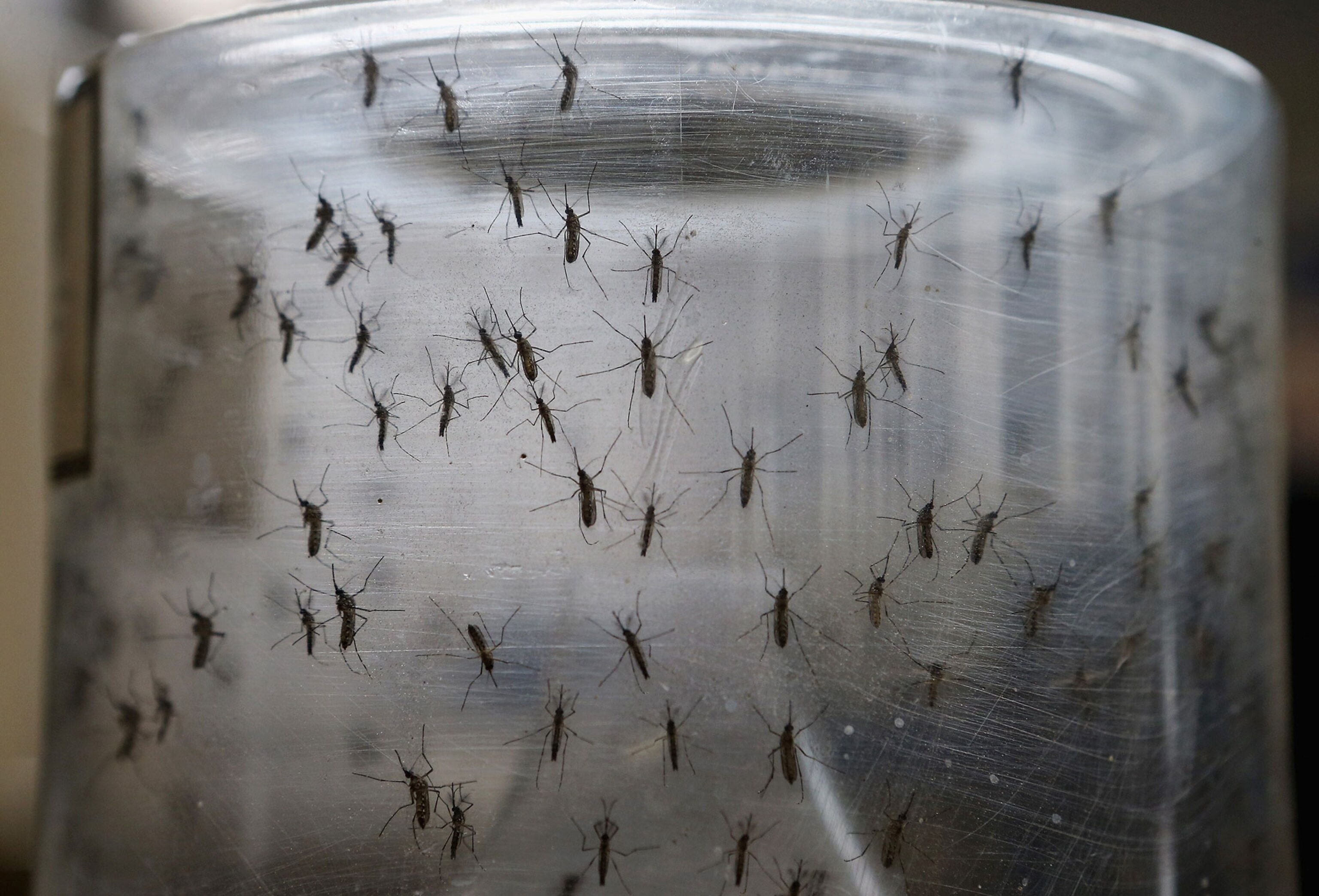
Way Before Zika, Rubella Changed Minds on Abortion
In the 1960s, an outbreak of rubella virus expanded women’s access to abortion in the United States. Could Zika do the same in Latin America?
In the 1960s, a public health scare erupted over a rather mild virus. The symptoms it caused in adults were similar to those of a common cold, but it could cause deafness, heart defects, mental disabilities, or even death in babies born to mothers who were infected during pregnancy.
This wasn’t Zika—it was rubella. And in the U.S., it had a profound effect on society. Abortion had been a taboo subject until then, but people began to advocate for abortion as a medical, not a moral, decision. Recent statements by public officials in Brazil and Colombia hint that Zika might have a similar effect in countries where abortions still are, with few exceptions, illegal.
The first reports that rubella, also known as German measles, could cause birth defects came in the early 1940s after an outbreak of the virus in Australia. Norman Gregg, an ophthalmologist who linked rubella to birth defects, was an early advocate of the idea that infected pregnant women should have access to abortion.
The United States suffered an outbreak of rubella in 1958, but it wasn’t until after the thalidomide disaster in the early 1960s—when a drug given to pregnant women caused severe birth defects—that Americans really began to fear the effects of rubella. During a 1964-65 rubella epidemic, U.S. public officials actively warned women of the danger of becoming infected, says Leslie J. Reagan, author of Dangerous Pregnancies: Mothers, Disabilities, and Abortion in Modern America.
Photos of the Desperate Effort to Control Zika Virus
Although abortion was illegal in the United States (and in many states, birth control was, too), criminal laws contained an exception allowing doctors to perform “therapeutic abortions” for medical reasons. These abortions were meant for cases in which the life of the woman was in danger, but the term was vaguely defined. Some doctors began performing these types of abortions on women infected with rubella. After this came a push by doctors to legally define what conditions could allow a “therapeutic abortion,” and that helped lead to a national movement to legalize abortion.
“German measles was crucial for bringing out the public discussion of abortion and propelling the early abortion rights movement,” says Reagan. By the time that Roe v. Wade legalized abortion in 1973, rubella was no longer a driving factor, but the outbreak was “the opening that made it possible for women, and men too, to talk about the validity of this procedure and the necessity of making it legal.”
The countries where Zika is now spreading explosively are predominately Catholic, and most of them restrict access to abortion. In Brazil—the country with the most cases of microcephaly thought to be caused by the Zika virus—abortion is legal only in cases of rape, threat to the woman’s health, or anencephaly, a condition in which a fetus is missing parts of the brain and skull. The existing precedent regarding anencephaly, as well as recent statements by Brazilian doctors who favor abortion access for infected women, suggests that the Zika virus could change abortion practices in Brazil in much the same way that rubella did 50 years ago in the U.S. This could also prove true for other countries affected by Zika. Recently, the Colombian Health Minister said that infected women might be able to seek abortions, even though the country has no precedent for abortions in the case of fetal defects.
One reason rubella was a convincing argument for abortion, Reagan says, is that the conversation was framed as a family issue, rather than women’s liberation issue, which would have been a greater challenge to social norms. Allowing women to have access to abortion if they were infected with the virus was presented as a way to allow parents to make sure that they were giving birth to healthy children. The acceptance of abortion in cases of rubella eventually led to a movement that focused on allowing women to control their bodies.
If the Zika epidemic does expand the circumstances under which women may seek abortions in affected countries, the same change could happen again.
Follow Becky Little on Twitter.












